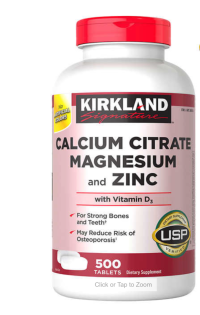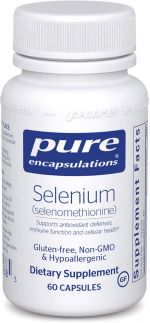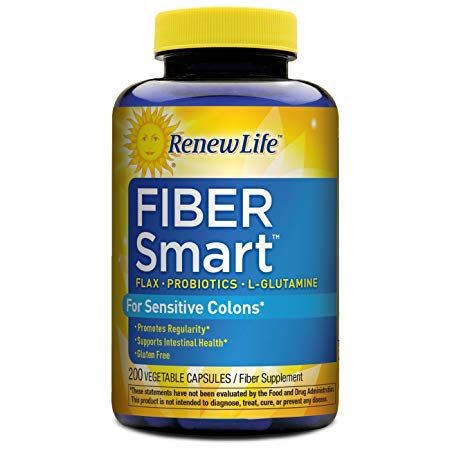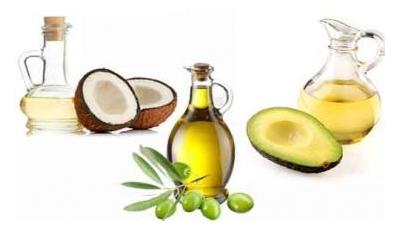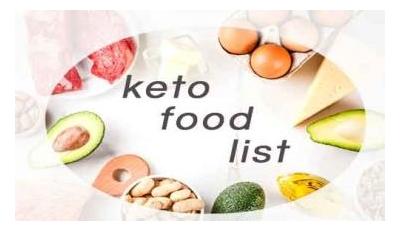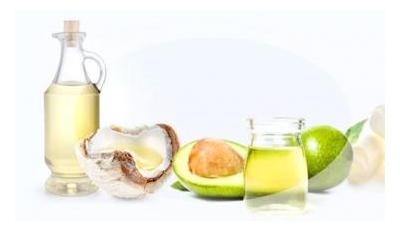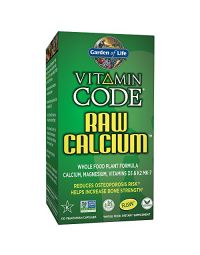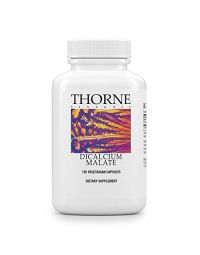Your diet and nutritional intake changes drastically when you begin a ketogenic diet. Most plant-based foods, aside from plant-derived oils, are no longer included. Therefore, you must be careful to get your daily intake of vitamins, minerals, and other nutrients from other sources.

B vitamins are a group of vitamins that are mostly found in meat but also carbohydrate-based foods like grains. These include thiamine (vitamin B1), riboflavin (vitamin B2), niacin (vitamin B3), biotin (vitamin B7), folate (vitamin B9), and cobalamin (vitamin B12). They play roles in a wide range of bodily functions, including brain function, blood synthesis, energy production, immunity, and skin health. Some are components of important enzymes in your cells.1
Because of the lack of plants and lower levels of meat in the diet, people on a ketogenic diet do not get enough B vitamins through their food.2 A multivitamin supplement that contains these B vitamins is important for maintaining your health on a keto diet. Eating eggs and seafood can also help you increase your B vitamin intake.1
The following is the daily recommended intake (RDI) of each B vitamin, according to the United States Food and Drug Administration (FDA):1
- Vitamin B1: 1.5 mg (milligrams)
- Vitamin B2: 1.7 mg
- Vitamin B3: 20 mg
- Vitamin B5: 10 mg
- Vitamin B6: 2 mg
- Vitamin B7: 300 μg (micrograms)
- Vitamin B9: 400 μg
- Vitamin B12: 6 μg
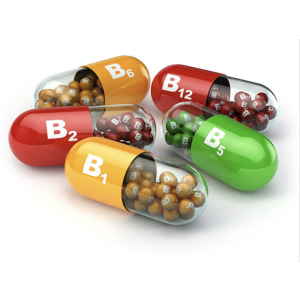

Vitamin D
Vitamin D intake is also low in ketogenic diets.2 While vitamin D can be obtained naturally by sun exposure (carefully to avoid sunburn), this is not always feasible in certain climates or for people whose daily routines are mostly indoors. Vitamin D plays an important role in your metabolism and many other cellular processes. Deficiencies in vitamin D have been linked to numerous health problems, including heart disease, osteoporosis, autoimmune diseases, type-2 diabetes, and cancer.3 Therefore, it is important to keep your vitamin D levels in a healthy range by taking supplements as needed.
The FDA recommends a daily dose of at least 400 IU, or enough to keep your blood concentration of vitamin D at 20 ng/mL or more. Some research has suggested that higher doses, like 1000 IU per day, may be even more beneficial.4
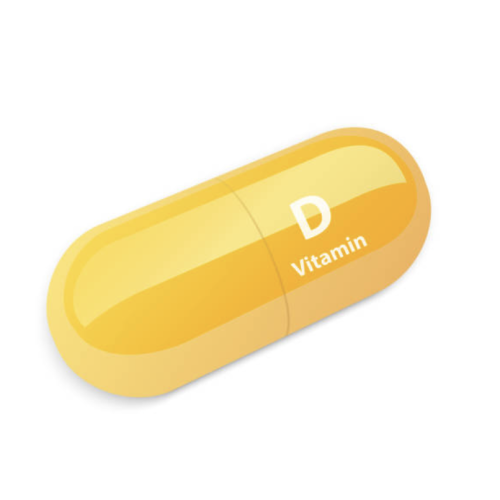

Bone mineral density loss is a problem for people on long-term ketogenic diets. This is because their intake of calcium and magnesium, important minerals for bone structure, is low. These minerals are also important for many cellular functions, especially neuron health and nerve signaling. The FDA recommends you eat at least 1000 mg calcium and 400 mg magnesium every day.2
Calcium and magnesium functions go hand-in-hand. Several of the enzymes that control calcium signaling are regulated by magnesium ions, and vice versa.5 Because of this functional co-dependence, calcium is more effective when magnesium levels are normal, and magnesium works better when calcium levels are sufficient. Supplements which contain both minerals offer the greatest benefit.

Selenium
Another important mineral, selenium, is also low in the blood of people on ketogenic diets.2 Selenium is a component of a class of proteins in the body called selenoproteins, which play roles in brain and nerve function.6 It is also important for reproductive health in men.7 Found in nuts and meat, its intake in a keto diet is low so you may wish to take selenium supplements or a multivitamin containing selenium, especially if you are male. Like other minerals, seafood is a good keto-friendly natural source. The FDA recommends you get at least 70 μg selenium in your daily diet.1
Another important mineral, selenium, is also low in the blood of people on ketogenic diets.2 Selenium is a component of a class of proteins in the body called selenoproteins, which play roles in brain and nerve function.6 It is also important for reproductive health in men.7 Found in nuts and meat, its intake in a keto diet is low so you may wish to take selenium supplements or a multivitamin containing selenium, especially if you are male. Like other minerals, seafood is a good keto-friendly natural source. The FDA recommends you get at least 70 μg selenium in your daily diet.1

Dietary Fiber
Digestive troubles, constipation in particular, are common when on a keto diet. This is due in large part to a lack of dietary fiber.8 Also called insoluble fiber because it is not digested by your body itself, these are complex carbohydrates that predominantly come from plant-based foods. Rather than providing nutrition for your body directly, these feed the beneficial microbes or probiotics that live in your intestines. A healthy gut microbiome is key to healthy digestion and other health benefits.9
Insoluble fibers, sometimes called prebiotics, are a type of carbohydrate but are not used by your body to produce glucose and energy. Therefore, fiber supplements will not affect your ketosis status. They will, however, help move your digestion along easier in a low-carb diet.
Digestive troubles, constipation in particular, are common when on a keto diet. This is due in large part to a lack of dietary fiber.8 Also called insoluble fiber because it is not digested by your body itself, these are complex carbohydrates that predominantly come from plant-based foods. Rather than providing nutrition for your body directly, these feed the beneficial microbes or probiotics that live in your intestines. A healthy gut microbiome is key to healthy digestion and other health benefits.9
Insoluble fibers, sometimes called prebiotics, are a type of carbohydrate but are not used by your body to produce glucose and energy. Therefore, fiber supplements will not affect your ketosis status. They will, however, help move your digestion along easier in a low-carb diet.
[1] FDA. “FDA Vitamins and Minerals Chart.” Food and Drug Administration. https://www.accessdata.fda.gov/scripts/interactivenutritionfactslabel/factsheets/vitamin_and_mineral_chart.pdf
[2] Kossoff EH, Zupec-Kania BA, Auvin S, Ballaban-Gil KR, Bergqvist AGC, Blackford R, Buchhalter JR, et al. 2018. “Optimal clinical management of children receiving dietary therapies for epilepsy: Updated recommendations of the International Ketogenic Diet Study Group.” Epilepsia Open. Jun; 3(2):175-192. https://www.ncbi.nlm.nih.gov/pmc/articles/PMC5983110/
[3] Forrest KY, Stuhldreher WL. 2011. “ Prevalence and correlates of vitamin D deficiency in US adults.” Nutr Res. Jan; 31(1):48-54. https://www.ncbi.nlm.nih.gov/pubmed/21310306
[4] Park CY. 2019. “Vitamin D in the Prevention and Treatment of Osteoarthritis: From Clinical Interventions to Cellular Evidence.” Nutrients. 11(2):243. https://www.mdpi.com/2072-6643/11/2/243/htm
[5] Rude RK, Singer FR, Gruber HE. 2009. “Skeletal and hormonal effects of magnesium deficiency.” J Am Coll Nutr. Apr; 28(2):131-141. https://www.tandfonline.com/doi/full/10.1080/07315724.2009.10719764?casa_token=Zsafr5cxzLcAAAAA:twSOAd_vMe03Sxejh8_H47CpY5Yqk4NvNdip8oQi7a8jm8axfKbB93erF9sE5VBvVg4Vx66j8QRgUw
[6] Pitts MW, Byrns CN, Ogawa-Wong AN, Kremer P, Berry MJ. 2014. “Selenoproteins in nervous system development and function.” Biol Trace Elem Res. Dec; 161(3):231-245. https://www.ncbi.nlm.nih.gov/pubmed/24974905
[7] Pitts MW, Kremer PM, Hashimoto AC, Torres DJ, Byrns CN, Williams CS, Berry MJ. 2015. “Competition between the Brain and Testes under Selenium-Compromised Conditions: Insight into Sex Differences in Selenium Metabolism and Risk of Neurodevelopmental Disease.” J Neurosci. Nov 18; 35(46):15326-15338. https://www.ncbi.nlm.nih.gov/pubmed/26586820
[8] Cavaleri F, Bashar E. 2018. “Potential Synergies of β-Hydroxybutyrate and Butyrate on the Modulation of Metabolism, Inflammation, Cognition, and General Health.” J Nutr Metab. 2018:7195760. https://www.ncbi.nlm.nih.gov/pmc/articles/PMC5902005/
[9] Markowiak P, Śliżewska K. 2017. “Effects of Probiotics, Prebiotics, and Synbiotics on Human Health.” Nutrients. Sep 15; 9(9):E1021. https://www.ncbi.nlm.nih.gov/pubmed/28914794
-
Keto Electrolytes
By Dr. KarenDecember 20, 2021 -
How to Know if You are in Ketosis
By Dr. AnnaDecember 20, 2021 -
Keto Diet for Beginners
By Dr. AnnaAugust 14, 2022 -
Coconut Oil vs Olive Oil vs Avocado Oil
By Dr. AnnaAugust 14, 2022 -
Keto Diet Food List
By Dr. AnnaAugust 14, 2022 -
How Long Does it Take to Get Into Ketosis
By Dr. KarenDecember 21, 2021 -
Vegetarian Keto
By Dr. KarenAugust 14, 2022
Search the blog
Article Categories
- All Articles (95)
- Rating Charts (1)
- Beauty & Skincare (17)
- FAQ (0)
- Hair Care (9)
- Health & Wellness (12)
- Anti-Aging (4)
- Kid's Health (0)
- Makeup (2)
- Men's Health (2)
- Oral Care (3)
- Sunscreen (7)
- Skin Tools & Treatments (10)
- Supplements (26)
- Videos (0)


